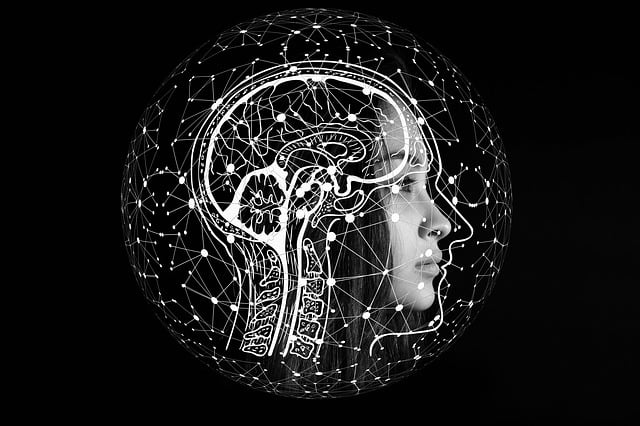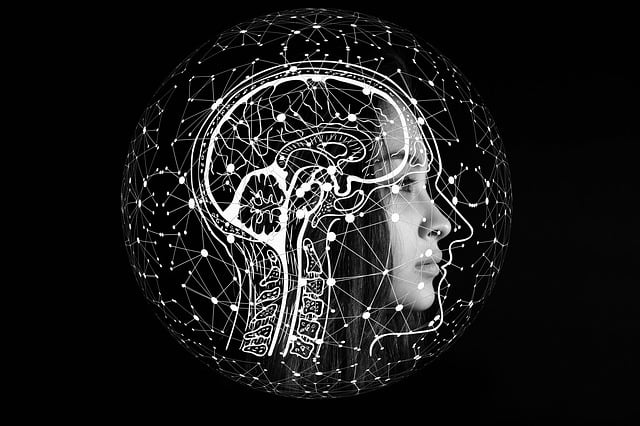-
Table of Contents
- Artificial Intelligence and Society: A Transformational Journey
- Table of Contents
- AI in Healthcare: Saving Lives or Raising Risks?
- Bias and Fairness in Machine Learning
- The Rise of Human-AI Collaboration
- Global Standards for Responsible AI
- Preparing the Next Generation for an AI World
- Key Takeaways
- Related Articles
- External Resources
Artificial Intelligence and Society: A Transformational Journey

Artificial intelligence and society have become deeply intertwined, reshaping how we live, work, and interact. From healthcare to finance, AI’s influence is undeniable, yet its rapid evolution raises critical questions about ethics, employment, and governance. If you’ve been struggling to understand this complex relationship, this article will guide you through the key aspects, challenges, and opportunities.
Table of Contents
- The Impact of AI on Daily Life
- Ethical Dilemmas in AI Development
- How AI is Reshaping the Workforce
- Regulating AI for a Fairer Future
- What Lies Ahead for AI and Humanity
The Impact of AI on Daily Life
From voice assistants like Siri to recommendation algorithms on Netflix, AI has seamlessly integrated into our routines. For instance, smart home devices learn our preferences, while autonomous vehicles promise safer roads. However, concerns about privacy and data security persist. A 2023 Pew Research study found that 52% of Americans worry about AI’s role in surveillance.
AI in Healthcare: Saving Lives or Raising Risks?
Machine learning now aids in diagnosing diseases like cancer with higher accuracy than human doctors in some cases. Yet, biases in training data can lead to disparities in care. Transitioning to AI-driven systems requires careful oversight to ensure equitable outcomes.
Ethical Dilemmas in AI Development
As artificial intelligence and society evolve, ethical concerns take center stage. Should AI have rights? Who is accountable for its mistakes? The infamous case of Microsoft’s Tay chatbot, which quickly turned toxic, highlights the risks of unchecked AI.
Bias and Fairness in Machine Learning
Studies show facial recognition systems misidentify people of color more often. Meanwhile, hiring algorithms may favor certain demographics. Addressing these issues demands diverse datasets and transparent design principles.
How AI is Reshaping the Workforce
Automation threatens 85 million jobs by 2025, according to the World Economic Forum. Conversely, AI could create 97 million new roles. The key lies in reskilling workers for an AI-augmented economy. For example, Amazon spent $700 million upskilling employees in 2021.
The Rise of Human-AI Collaboration
Rather than replacing humans, AI often enhances our capabilities. Doctors using IBM Watson diagnose rare conditions faster, while architects leverage generative design tools. This synergy points to a future where creativity and technology coexist.
Regulating AI for a Fairer Future
Governments worldwide are grappling with AI policy. The EU’s AI Act classifies systems by risk level, banning certain applications outright. Meanwhile, the U.S. takes a sectoral approach. Striking a balance between innovation and protection remains challenging.
Global Standards for Responsible AI
Organizations like the OECD and IEEE have proposed ethical frameworks. These emphasize accountability, explainability, and human oversight. Implementing such standards globally could prevent a “race to the bottom” in AI ethics.
What Lies Ahead for AI and Humanity
Artificial intelligence and society will continue evolving together. Quantum computing may unlock new AI capabilities, while brain-computer interfaces blur the line between human and machine. Preparing for these changes requires proactive dialogue and inclusive policymaking.
Preparing the Next Generation for an AI World
Schools must teach computational thinking alongside traditional subjects. Countries like Estonia have integrated AI education into primary curricula. Such initiatives ensure future citizens can thrive alongside intelligent systems.
Key Takeaways
- AI transforms industries but requires ethical guardrails
- Workforce changes demand massive reskilling efforts
- Global cooperation is essential for responsible AI development
- Education systems must adapt to an AI-driven future
As we navigate the relationship between artificial intelligence and society, one thing is clear: proactive engagement from all stakeholders will determine whether AI becomes humanity’s greatest tool or its greatest challenge. By addressing ethical concerns, investing in education, and fostering international collaboration, we can steer this technology toward beneficial outcomes for all.
Related Articles
- Building an Ethical Framework for AI
- The Future of Work in an AI Era
- A Policymaker’s Guide to Artificial Intelligence



Leave a Reply